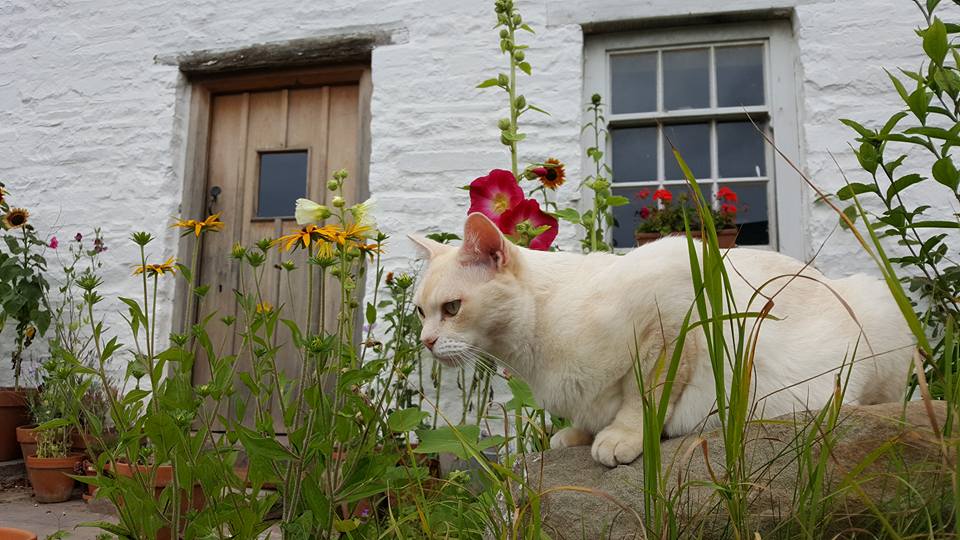The Bristol Cats Study
Established at Bristol Vet School in 2010, the ‘Bristol Cats’ study is a pioneering study of cat health, welfare and behaviour run by vets, behaviourists and epidemiologists at the University of Bristol.The aim is to improve knowledge of common feline diseases and behaviour disorders, for example, overgrooming, aggressive behaviour, obesity and diabetes mellitus. Findings from the study may be used by veterinary practitioners, cat breeders, owners and the cat community to improve the health and welfare of cats in the future.
About the Study
‘Bristol Cats’ is the cat-equivalent of the ‘Children of the 90’s’ study run by colleagues at the University of Bristol. The ‘Children of the 90’s’ study has collected information relating to children born in the Bristol region in the early 1990’s. The results of this study have identified ways to help prevent many important conditions.

- Bristol Cats Study NewslettersNewsletters are produced approximately every 6 months to update owners of study cats about the progress of the study.
- Cat of the MonthEvery month a Bristol Cat is randomly chosen to be our Bristol Cat of the Month. You can read all about our winners here.
- Christmas CardsEvery year we ask our owners to send photos of their Bristol Cats to feature on our Christmas card. You can see previous years' cards here.
- Results from the Bristol Cats StudyRead how our research is helping cats live their best lives here
Registration of cats and kittens
Recruitment has now closed with approximately 2200 kittens being registered with the study since its launch in May 2010.
Why is the ‘Bristol Cats’ study being carried out?
We want to find out more about the causes of common behaviour patterns and diseases of cats.
Questionnaires that completed by owners give us very valuable data. We can then look to see to what extent certain characteristics (e.g. aggression towards people) or conditions (e.g. obesity) are associated with the cat’s management (e.g. diet, lifestyle) and other factors (e.g. breed).;
The results from this study are being used to help improve the health and welfare of cats in the future, in the same way that the “children of the 90’s” study has helped our knowledge of childhood diseases.
Owner-completed questionnaires
Owners have been asked to complete a questionnaire when their cats are aged approximately:
- 8-16 weeks
- 6-7 months
- 12-13 months
- 18-19 months
- 2.5 years
- 4 years
- annually thereafter, subject to study funding.
Participation in this study is voluntary and owners have the right to withdraw from the study at any point.
Ethical approval
The study has been approved by the Ethics of Human Research Committee and by the Ethical review group of the Animal Services Unit, providing that any cases of suspected neglect of a pet will be reported to the appropriate veterinarian.
Confidentiality and data protection
In order to link the different questionnaires owners complete for their cat at different ages, and access veterinary records, we ask owners to supply their name and address. This information will not be used for any other purpose and will be held securely in line with the University of Bristol’s policy on data protection. The study results will refer to overall percentages and numbers of cats, and individual cats and their owners will not be identifiable in the results.
Completion, and electronic or postal return, of a questionnaire indicates that owners give permission for their questionnaire responses to be stored and used in the study, as detailed above.
